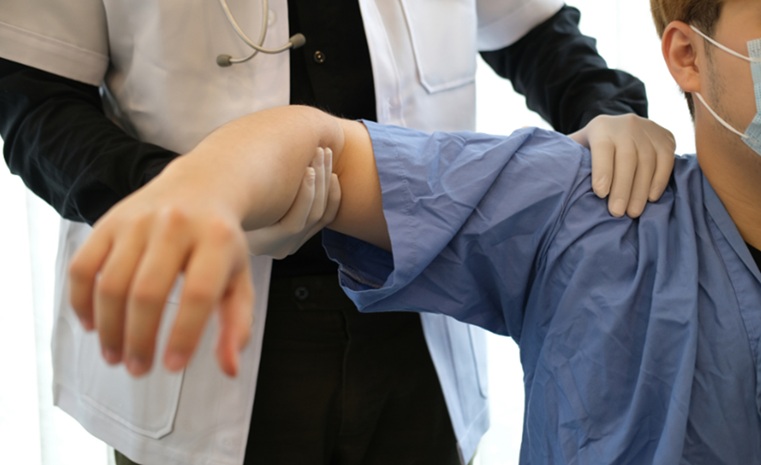A rotator cuff tear is a shoulder injury that affects the tendons and muscles responsible for stabilising and moving the joint. This condition can result from overuse, ageing, or traumatic injury. Individuals experiencing persistent shoulder pain, weakness, or restricted movement should seek professional care. Orthopaedic specialists in Singapore provide targeted treatment to promote recovery and restore shoulder function.
Conducting a Comprehensive Diagnosis
Before recommending a treatment plan, an orthopaedic specialist in Singapore conducts a thorough assessment. This process includes a physical examination to evaluate shoulder strength, range of motion, and pain levels. Specialists may also use imaging techniques such as X-rays, ultrasound, or MRI scans to determine the severity of the injury. Identifying whether the tear is partial or complete helps in tailoring the most suitable treatment approach.
Exploring Non-Surgical Treatment Options
For mild to moderate cases, non-surgical treatments provide effective relief. Rest and activity modification help reduce strain on the injured shoulder. Physical therapy plays a crucial role in strengthening surrounding muscles and improving mobility. Orthopaedic specialists often recommend targeted exercises that support the healing process. Additionally, anti-inflammatory medications or corticosteroid injections may be used to manage pain and inflammation. These non-invasive approaches allow many individuals to regain shoulder function without requiring surgery.
Sports Orthopaedic Approaches for Athletes
Athletes experiencing rotator cuff injuries require specialised care to facilitate a safe return to sports. Sports orthopaedic specialists in Singapore design rehabilitation programmes that focus on restoring strength and flexibility while minimising the risk of re-injury. Customised physiotherapy plans help athletes gradually rebuild shoulder stability. Sports-specific training and movement modifications further assist in preventing future damage. By addressing the unique demands of different sports, specialists enable a structured recovery process.
When Surgery Becomes Necessary
For severe tears or cases where conservative treatments do not provide sufficient relief, surgical intervention may be recommended. Rotator cuff tear treatment through surgery involves reattaching the torn tendon to the bone. The procedure can be performed using minimally invasive arthroscopic techniques or open surgery, depending on the severity of the tear. Orthopaedic surgeons assess the best approach based on the patient’s age, activity level, and overall health.
Post-Surgical Rehabilitation and Recovery
Successful rotator cuff injury treatment does not end with surgery. Rehabilitation is essential to regain strength and mobility. Physiotherapy begins shortly after surgery, focusing on passive movements before progressing to active exercises. Orthopaedic specialists closely monitor recovery, adjusting treatment plans as needed. Full recovery may take several months, and adherence to rehabilitation guidelines is crucial in achieving optimal outcomes. A well-managed recovery process reduces the risk of complications and ensures a return to daily activities.
Preventing Future Shoulder Injuries
Preventative measures can help reduce the risk of recurring rotator cuff issues. Regular stretching and strengthening exercises enhance shoulder stability. Proper posture and ergonomics, particularly for individuals with physically demanding jobs, prevent unnecessary strain. Athletes benefit from conditioning programmes designed to improve muscle endurance and joint support. Consulting an orthopaedic specialist in Singapore for periodic check-ups ensures early detection of potential issues, allowing for proactive management before they develop into severe conditions
Learn More: Guide to Understanding and Managing Shoulder Injuries
Choosing the Right Specialist for Treatment
Selecting an experienced orthopaedic specialist is key to effective rotator cuff injury treatment. Factors to consider include the specialist’s expertise, treatment philosophy, and access to rehabilitation services. A sports orthopaedic specialist with experience treating shoulder injuries can offer tailored solutions based on individual needs. Understanding the available treatment options and discussing them with a trusted medical professional helps patients make informed decisions about their recovery journey.
For more information about Orthopaedic solutions, contact Bryan Tan Novena today.



